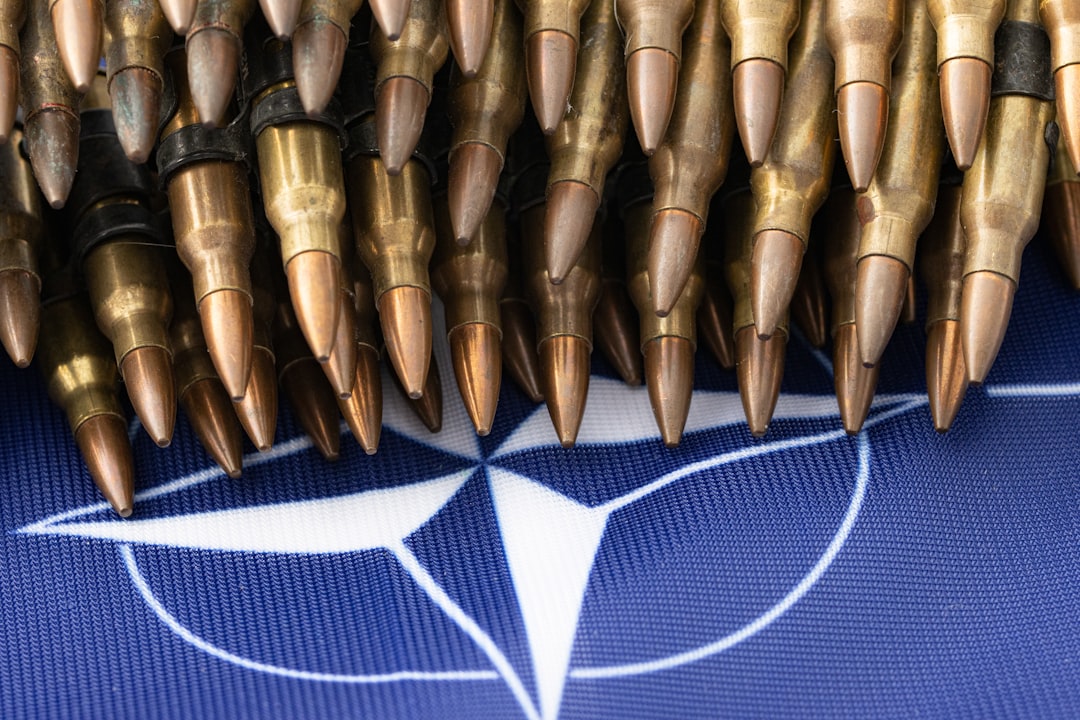What is it about?
Twenty-five years after the fall of communism in Poland, a considerable number of citizens manifest nostalgia for the communist times. In this article, we approach this phenomenon within the framework of autobiographical memory and decide between two sets of hypotheses, one predicting that postcommunist nostalgia is experienced mostly by people who are dissatisfied with the present time (transformation “losers”) and the other predicting that it is the memory of the happy and most recollected past, and memories of particular decades of communism, that mostly trigger nostalgia. The study, carried out on a representative sample of Poles who remembered communism, provided stronger confirmation of the “negative present” hypothesis, but the positive past is also shown to matter. The decade of communism whose memory turned out to predict nostalgia the best was the 1980s and not, as predicted, the 1970s.
Featured Image
Read the Original
This page is a summary of: Nostalgia for Communist Times and Autobiographical Memory: Negative Present or Positive Past?, Political Psychology, January 2016, Wiley,
DOI: 10.1111/pops.12330.
You can read the full text:
Contributors
The following have contributed to this page










